Way back in January 2006—both a lifetime ago and somehow only the blink of an eye—many of the people that you know from Sirens founded Narrate Conferences. As some of you already know, Narrate, the presenting entity behind Sirens, is a 501(c)(3) charitable organization dedicated to creating interdisciplinary educational events that bring together people with many different perspectives to discuss and debate a given topic. Beginning in 2009, the event has been Sirens and the topic has been the remarkable women of fantasy literature. But before that, Narrate spent several years presenting giant Harry Potter conferences, complete with Quidditch tournaments, midnight movies, and 150 hours of academic programming.
Over the years, we grew up: went back to school, changed jobs, got promoted, got married, had babies, moved across the country, bought houses, read a thousand books. And over the years, some of us have stayed with Narrate, some of us have moved on—and some of us moved on, realized how much we missed Narrate, and came back.
Similarly, over the years, new people have joined us, some for a year or two, some for the long haul. And over the years, we’ve gone from very ad hoc methods of developing new team members—all hands on deck for Quidditch tournaments!—to something more considered, if you will: boot camp. Which we’re betting sounds amazing and…just a bit intimidating.
A few years ago, Narrate created boot camp, a combination online conference-planning course and development opportunity for people who were interested in spending more time volunteering for our events. Our goal is to give participants the foundational information you need to jump into a more active role with our team—and to help you decide what kind of role you think that might be. As you might expect, some people have used boot camp to learn that conference planning isn’t really their thing—while others fell in love, joined our team, and have been making Sirens awesome ever since.
In 2017, we ran boot camp for the first time in a number of years—and restructured the coursework to focus specifically on Sirens. In 2018, we’ll be back, again specifically for Sirens.
What is Narrate’s boot camp?
An online course in Narrate-style conference planning, which means that you’ll learn things you might expect, like budgets and hotel contracts and social media, and you’ll also learn things you might not, like interdisciplinary educational theory and the non-profit tax code. This year, we’ll be focusing specifically on planning future iterations of Sirens itself.
What do participants learn?
We cover the basics of all aspects of planning Sirens: mission, scope, schedules, budgets, accounting, law, 501(c)(3) restrictions, educational validity, programming, websites, marketing and promotions, social media, art and design, customer service, systems development, venue selection, working with hotels and vendors, AV equipment, unions, menu selection, and building teams and keeping them on track.
How long is boot camp?
We’ll run a six-month course, starting January 15, 2018, and ending July 15, 2018.
What is the time commitment?
Our boot camp is roughly the equivalent of taking an online, graduate-level course. We will address a topic a week, and each topic will have a reading component and a development component. Some weeks will take more time than others (budget weeks are notoriously difficult), but you should assume, for most weeks, that five hours will cover this.
What does it cost?
It’s free! All we ask is that, if you sign up, you make the commitment. Our staff will be dedicating many hours of their time, expertise, and experience to this endeavor, and we want to make that this is worth everyone’s while.
How do I sign up?
Email us! Just shoot an email to Amy (amy at narrateconferences.org) and Sabrina (sabrina at narrateconferences.org), with a brief explanation of why you want to do boot camp and your current resume attached. (Slots are not limited; we just want to get an idea of what your current education and experience looks like, so we can perhaps tailor boot camp a bit.)
What if I’m not sure?
We’re holding a chat in January so anyone can come, learn a bit more, ask some questions, and maybe decide if this is for you.
Date: Saturday, January 6
Time: 2–4 p.m. Eastern Time
Location: https://www.narrateconferences.org/bootcampchat/
Should I sign up?
You know we can’t tell you that! But we can share what some of our past boot camp participants (and current Sirens staff) have to say:
Faye Bi: It’s weird, but boot camp felt like family: a bunch of women sitting down (virtually), learning how we can put our smarts to work for our community, and becoming part of a terrific team.
Nivair H. Gabriel: Doing boot camp gave me an amazing education in conference organization and leadership—but the clincher was that it made me feel close to Sirens all year.
Jennifer Shimada: Before boot camp, I had never considered just what it took to plan a conference like Sirens. Boot camp felt like drinking from a fire hose of information, but it was incredibly interesting and a ton of fun! I got to spend six months getting to know Sirens, conference planning, and my fellow boot campers, and came out learning a lot that will help me with both contributing to Sirens and with professional development for other areas of my life.
I have questions!
Great! Please feel free to email Amy (amy at narrateconferences.org) or Sabrina (sabrina at narrateconferences.org). We’re happy to chat.




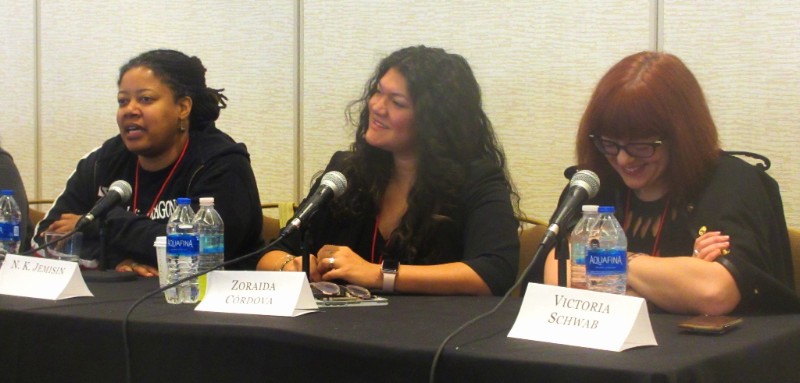































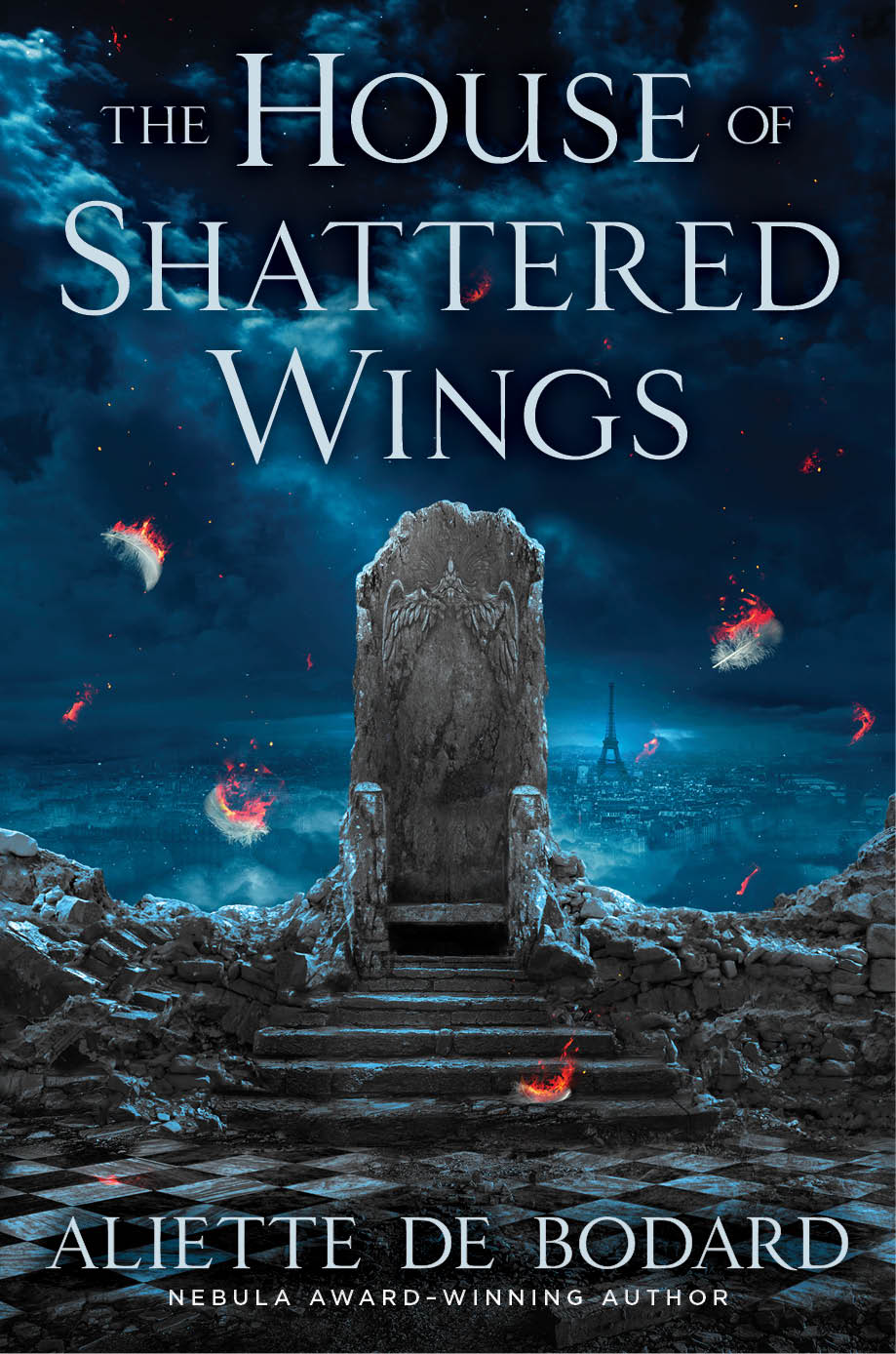

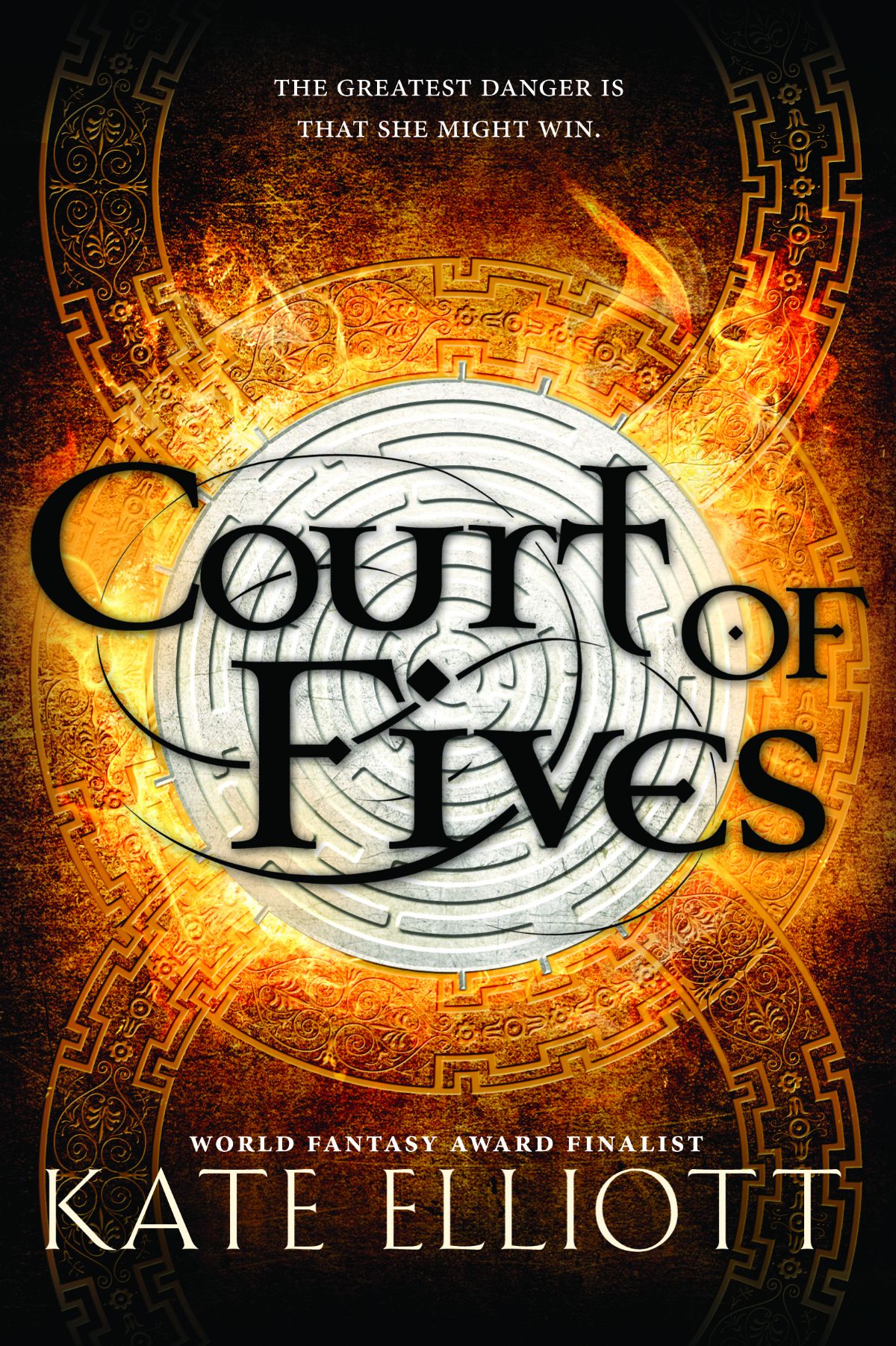
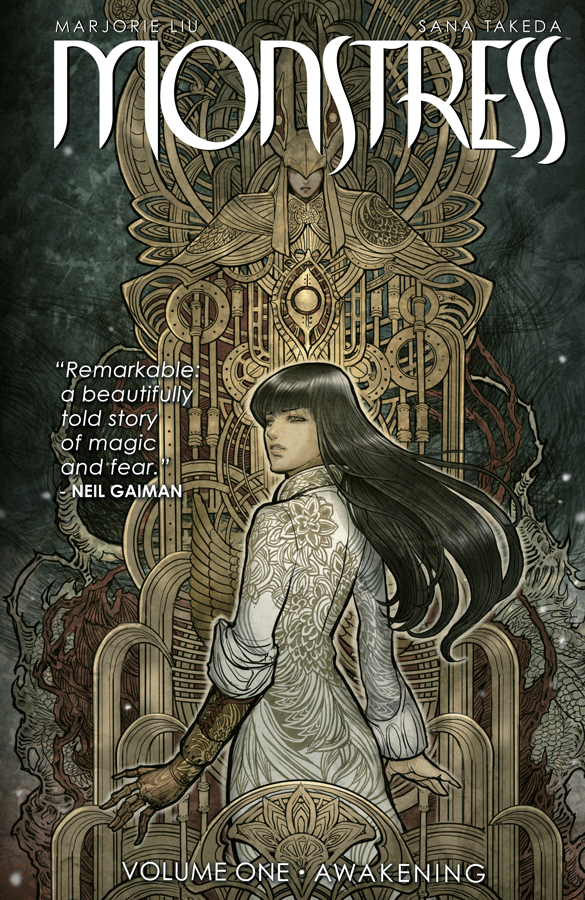

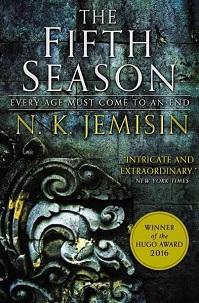


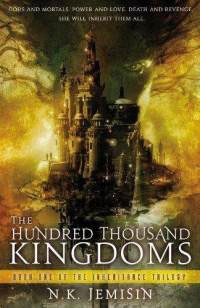









































Connect with the Sirens community
Sign up for the Sirens newsletter